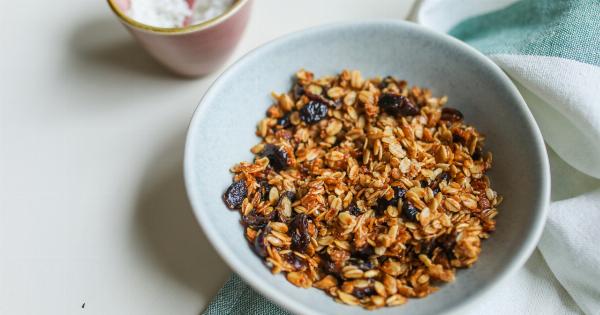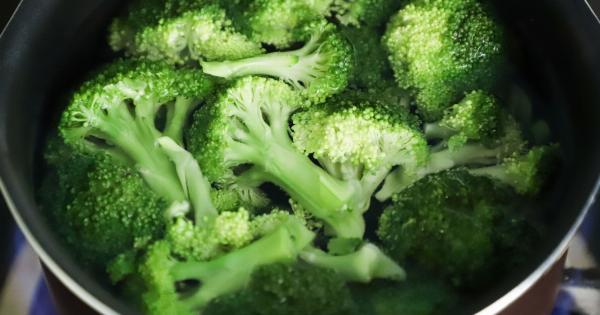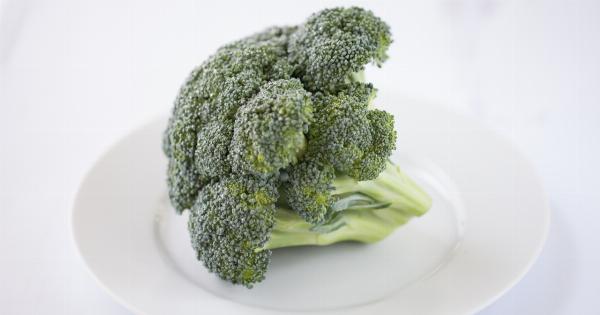There has long been a misconception that vegetarians are weaker than their meat-eating counterparts. This notion stems from the belief that consuming animal products is vital for strength and muscle development.
However, this myth fails to consider the numerous factors that contribute to a person’s strength and overall well-being. In this article, we will explore the reality behind this popular myth and shed light on the nutritional benefits of a vegetarian diet.
Understanding Strength and Nutrition
Before we debunk the myth, it is important to understand the relationship between strength and nutrition. Strength is determined by various factors including genetics, physical activity, and overall health.
While diet plays a significant role in one’s health and vitality, it is not the sole determining factor for strength.
Nutritional Benefits of a Vegetarian Diet
Contrary to popular belief, vegetarians can obtain all the necessary nutrients for optimal health and physical strength through a well-balanced diet. In fact, a vegetarian diet offers several unique nutritional benefits:.
1. Plant-Based Protein
Protein is an essential macronutrient for building and repairing muscles. Many people assume that animal products are the only source of high-quality protein.
However, plant-based foods such as legumes, tofu, tempeh, quinoa, and nuts are excellent sources of protein. By incorporating a variety of these plant-based protein sources into their diet, vegetarians can easily meet their protein needs.
2. Fiber Rich Foods
A vegetarian diet is typically rich in fiber, which is beneficial for overall health. Fiber aids in digestion, promotes satiety, and helps maintain a healthy weight.
By including a variety of fruits, vegetables, whole grains, and legumes in their diet, vegetarians ensure an adequate intake of fiber, ultimately supporting their overall strength and well-being.
3. Micronutrient Powerhouses
Vegetarian diets also tend to be rich in essential micronutrients such as vitamins, minerals, and antioxidants. Fruits, vegetables, whole grains, and nuts are excellent sources of these vital nutrients.
By consuming a diverse array of plant-based foods, vegetarians can easily meet their daily requirements for these nutrients, promoting muscular and overall strength.
4. Lower Saturated Fat Intake
Meat consumption often leads to a higher intake of saturated fats, which can have detrimental effects on cardiovascular health.
Vegetarian diets, on the other hand, tend to be lower in saturated fats, reducing the risk of heart disease and other related health issues. By prioritizing heart-healthy fats from plant-based sources such as avocados, nuts, and seeds, vegetarians can maintain optimal physical well-being.
5. Reduced Inflammation
A diet that includes excessive amounts of meat has been linked to increased inflammation in the body. Chronic inflammation is associated with various health conditions and can hinder overall strength and performance.
Vegetarians, by consuming a diet rich in plant-based foods, benefit from the anti-inflammatory properties of fruits, vegetables, and whole grains, supporting their overall strength and vitality.
Conclusion: Strength is Not Determined by Diet Alone
It is evident that vegetarians can maintain optimal strength and physical well-being by following a well-planned vegetarian diet.
The myth that vegetarians are weaker than meat eaters is ultimately debunked when considering the nutritional benefits of plant-based foods. It is important to acknowledge that strength is not solely determined by diet but instead influenced by a combination of various factors, including genetics, physical activity, and overall health.
In conclusion, vegetarians can confidently embrace their dietary choices, knowing that they have the ability to meet their nutritional needs and maintain their strength.
By choosing a wide variety of plant-based foods and ensuring a well-balanced diet, vegetarians can thrive both physically and mentally, dispelling the misconception that they are weaker than their meat-eating counterparts.



























